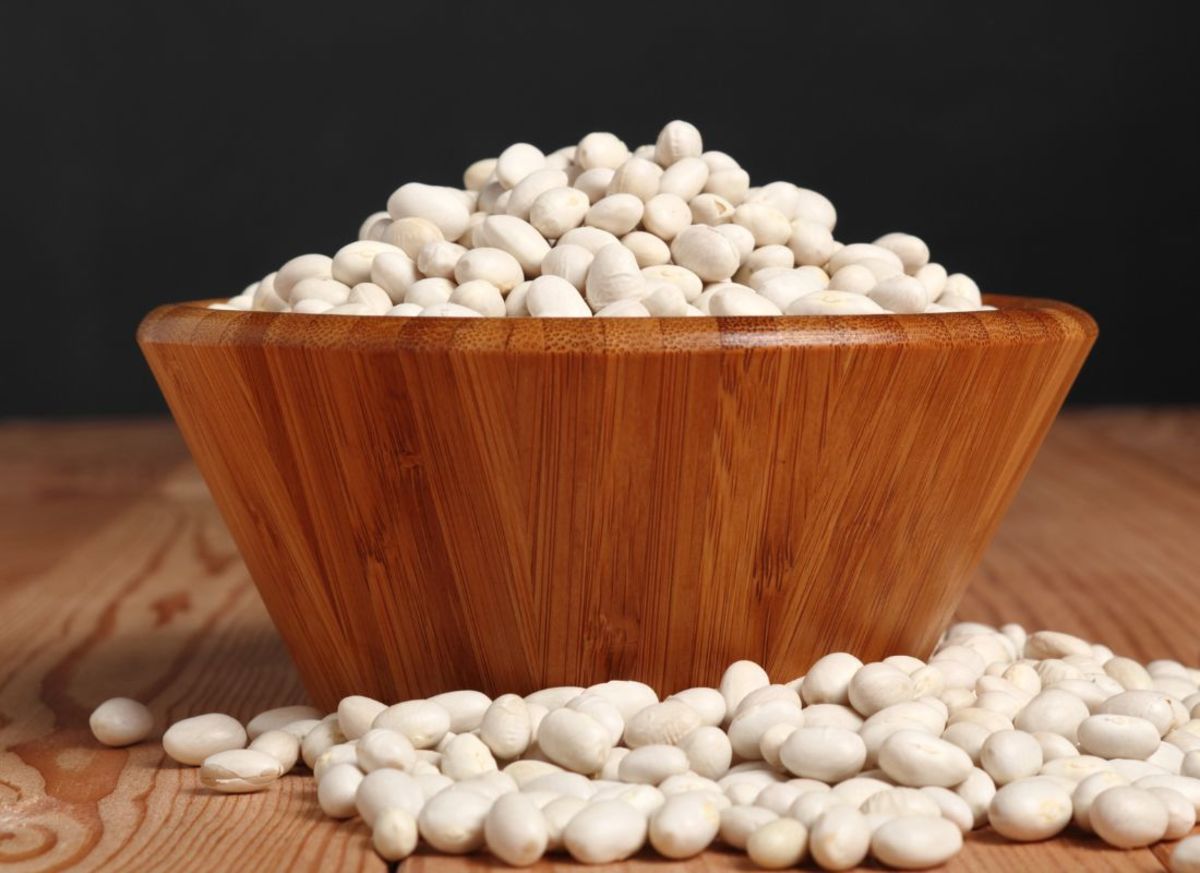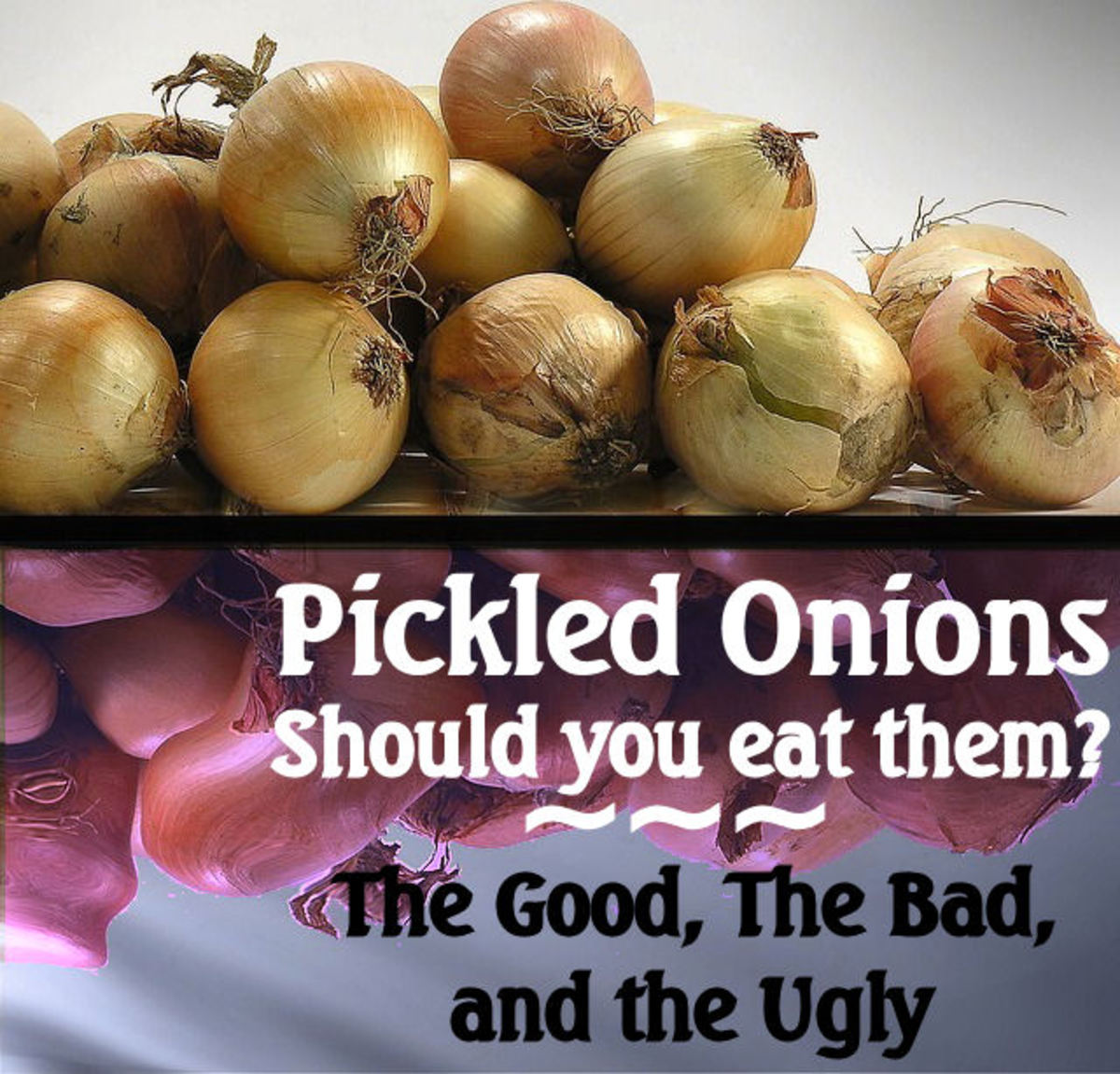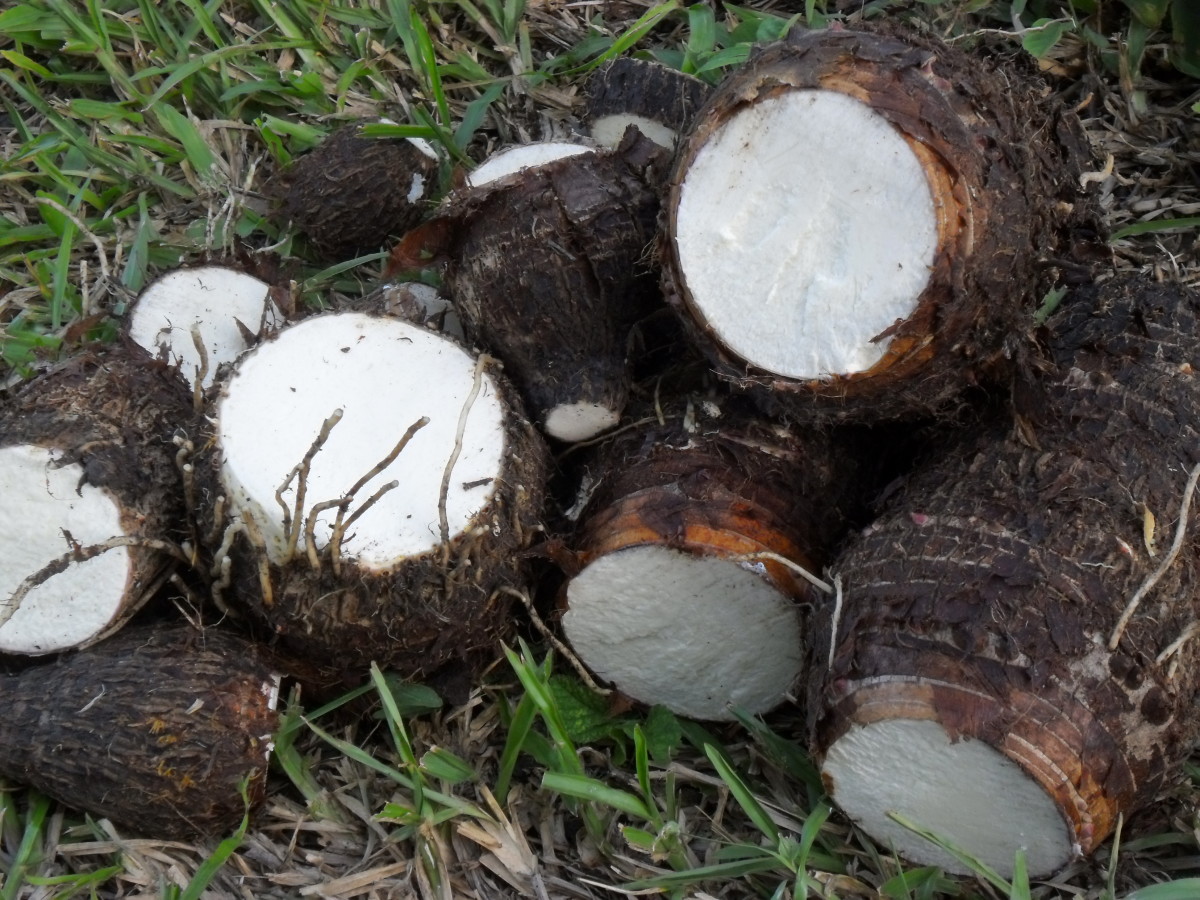Eat Vegetables that Increase Longevity
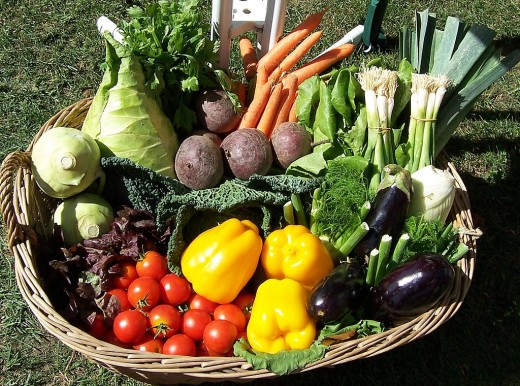
I can still hear that loving voice of my mom saying, “Remember you have to eat your vegetables.” Perhaps you can relate to that rebelling child spirit of mine that was so determined not to do so. Of course, scientific research is now proving that our mothers were right in thinking that an individual can improve one’s overall health by eating all those vegetables that we let get cold and left on our plates. Eat Vegetables that Increase Longevity was created to review 3 vegetables that not only assist in improving overall health but also aides in increasing longevity.
One way I overcame my dislike of vegetables was to learn about the nutrition and health benefits of eating them. If you’ve read, the hub titled Need a Healthy Diet: Eat Blue Zones’ Superfoods then you are familiar with the 10 superfoods from the Blue Zones that assist in resolving numerous health issues while promoting longevity. Well in addition to the superfoods; Dr. Oz revealed that 3 vegetables - jicama, kale, and sweet potatoes are now on his longevity grocery list .
Healthy Foods to Eat
The USDA Food Pyramid requirements are that an individual include 3 to 5 servings of vegetables daily, These vegetables can be added to your list of cooking ingredients for healthy foods to eat while reaching the minimum daily requirement.
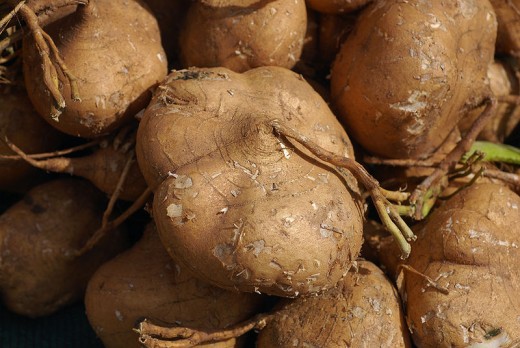
Jicama
Jicama is a popular dietary staple of Mexico, Central & Latin America. In Mexico it is called the Mexican potato or yam bean, while in other parts of the world it has the name of ahipa, saa got, Chinese turnip, Chinese potato and or lo bok. Regardless of the term used this tuber vegetable has made it to the list of vegetables that promote longevity.
This vegetable is crunchy like an apple, starchy like a potato, and under 50 calories for a whole cup serving. The jicama is a root vegetable that is a good source of vitamin C, potassium, and dietary fiber. It is very low in cholesterol, saturated fat, and sodium. Jicama can be eaten raw being served in various salads or with other veggies or can be included in stir-fry dishes because it blends well with other vegetables.
Benefits are:
Rich in Folic Acid & Beta-carotene – Is effective in lowering homocysteine (an amino acid) levels that affects cellular metabolism and production of proteins in the body and increase the risks of heart disease. Studies have shown that individuals, who eat jicama regularly, have 11 percent lower homocysteine levels than those who have never eaten this vegetable.
Healthy Heart - This low fat, low calorie vegetable helps to control cholesterol levels which in turn can aid in reducing the risk of heart disease and hypertension. Strengthens and or supports capillaries by assisting in reducing the fragility or damage of the capillaries.
Anti-oxidant
& Anti-inflammatory – Being high in vitamin C, jicama can assist in
preventing colds and flu, in addition to having anti-inflammatory proprieties that
can help to reduce swelling within the body. Needless to say, this vegetables has the longevity qualities of the Blue Zones.


Kale
Kale has been around since ancient Rome and can be found in Europe, Asia, as well as the United States. Kale is a part of the Brassica family that includes cabbage, collard greens, and brussels sprouts. This was one of the vegetables that I really did not like as a child. Yet in my adulthood, I’ve discovered that if one mixes it with other greens like cabbage, mustard, or collard greens then the taste is tolerable.
Smaller leaves are more tender and a not quite as bitter as the larger leaves. This vegetable like jicama can be served raw in salads or cooked alone or mixed with other vegetables. I love to use kale within one of my juicing concoctions because the taste can be completely hidden. Kale really should be placed in the royal court of vegetables because it is abundantly rich vitamins A, C, and K, calcium, lutein, and iron. It has ten times more lutein and seven times more beta-carotene than broccoli.
Add'l Info
- What vegetables help detoxify the liver? | Ask Dr. Oz
Cruciferous vegetables like broccoli, cauliflower,kale and etc. aid the detoxification processes of the liver, along with vitamins B and C. - Cruciferous vegetables and cancer prevention
According to PubMed.gov scientific results shows a positive correlation between cancer prevention and consumption of cruciferous vegetables.
Benefits are:
There are endless benefits to this nutritious green leafy vegetable:
Antioxidants - This vegetable is a great source of beta-carotene and is believe to help fight against cancer, heart disease, as well as certain age-related diseases.
Carotenoids – Kale has both lutein and zeaxathin that is believed to help keep UV rays from damaging the eyes and causing cataracts.
Promotes Bones – Being rich in calcium it may assist in the prevention of osteoporosis and bone fractures. While the manganese helps to protect your body from damaging free radicals.
Detoxifies the Liver - The naturally rich sulfur or sulforaphane scientists have discovered helps to boost the body’s detoxification enzymes, possibly altering gene expression. Somehow supposedly it triggers the liver to produce enzymes that detoxify cancer-causing chemicals. This was one of the vegetables that my sister’s doctor highly recommended during her bout with breast cancer.


Sweet Potatoes
Sweet Potatoes are the 3rd suggestion to eat vegetables that increase longevity recommended by Dr. Oz’s show. This is one versatile vegetable in that it can be served as a desert as well. It belongs to the Convolvulaceae family and originated from the tropics of South America over 5000 years ago. They are now grown throughout the world that has tropical and or warm temperate regions from within the U.S. to Rwanda, to New Zealand, to China that produces a million tons of sweet potatoes annually.
Sweet potatoes or yams are root vegetables that are
starchy, and sweet tasting that has an appearance of having a yellow or orange
flesh with an outer skin that can be white, yellow, orange, red, or purple. This vegetable is rich in beta carotene,
vitamin C and B complex, iron, and phosphorus. And not only is it a heathly food to eat numerous people like the way it tastes.
Benefits are:
Asthma & Bronchitis – It is effective in easing congestion of the nose, bronchi, and lungs to individuals with asthma. Some researchers theorize that sweet potatoes have a high concentration of vitamin C and iron capable of warming up the body that assists in curing bronchitis.
Arthritis - Sweet potatoes has antioxidants and anti-inflammatory qualities. The vegetable can be boiled for eating and the water left from the cooking can be applied externally to arthritic joints to ease the pain.
Cancer - The high content of beta carotene which is a anti-oxidant and anti-carcinogen makes this vegetable a good contender for fighting colon, intestines, prostrate, and kidney cancers.
Digestion & Stomach Ulcers - Having high fiber content along with the presence of magnesium makes an excellent facilitator for ease of digestion. The vegetable’s roughage and water retention prevents constipation and has a soothing effect on the stomach and intestines, while the vitamin B-complex and C, beta carotene, potassium, and calcium can assist in healing stomach ulcers.
Conclusion
In closing, Eat Vegetables that Increase Longevity, one can see there are numerous benefits to beginning to eat your vegetables as you were probably told to do as a child. If you are now grown and still do not like vegetables, I would encourage you to give these three cooking ingredients a try. There are numerous vegetables globally that offer the benefits of longevity and wellness. So go and enjoy!
Disclaimer: This information is solely for informational purposes. IT IS NOT INTENDED TO PROVIDE MEDICAL ADVICE. Before engaging in any complementary medical technique, including the use of natural or herbal remedies, you should do your own research, and then consult your present physician.
Dear Reader, I hope you liked this article and I would appreciate if you leave a comment, rate it, share it, and/or Digg it. Thanks!
more from Money Glitch







